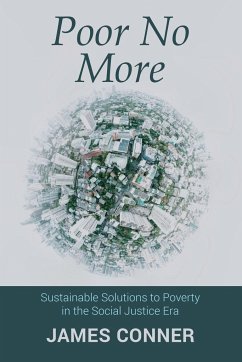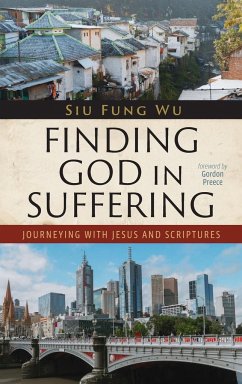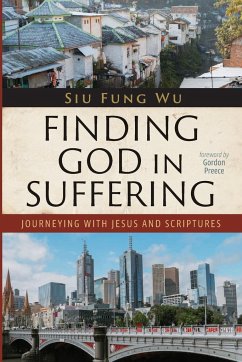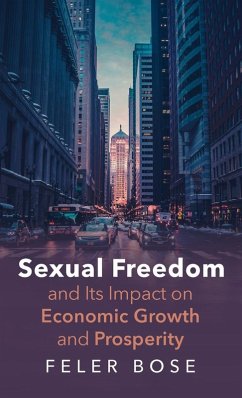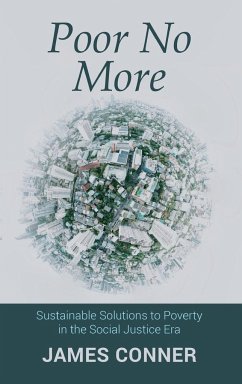
Poor No More
Versandkostenfrei!
Versandfertig in 1-2 Wochen
37,99 €
inkl. MwSt.
Weitere Ausgaben:

PAYBACK Punkte
19 °P sammeln!
Extreme poverty can be alleviated one village at a time. The current practices of global aid agencies, governments, and NGOs all focus on the same failed strategy: transfer payments. The problem is that moving money without growing local economic systems for sustainability does not work. People need jobs and businesses, not handouts. There is a better way. In this book you will discover how these different systems can positively work together to bring about the long-term, locally sustainable results that we all desire. This is transformational work, and we will need to pause on the rhetoric, b...
Extreme poverty can be alleviated one village at a time. The current practices of global aid agencies, governments, and NGOs all focus on the same failed strategy: transfer payments. The problem is that moving money without growing local economic systems for sustainability does not work. People need jobs and businesses, not handouts. There is a better way. In this book you will discover how these different systems can positively work together to bring about the long-term, locally sustainable results that we all desire. This is transformational work, and we will need to pause on the rhetoric, biases, and existing structural models to engage in a different way of doing things. Donors, communities in transition, local leaders, churches, governments--all are invited to revamp our thinking to actually achieve the results that form our common goal. No one wants to be seen in a poverty state. God doesn't create people to be poor and impoverished. He does not! God gives--generously. That is why every community around the globe already has vast, untapped resources of human talent and vision, a treasure trove of divinely bestowed potential awaiting harvest. It's time to partner together for sustainable solutions to poverty!




